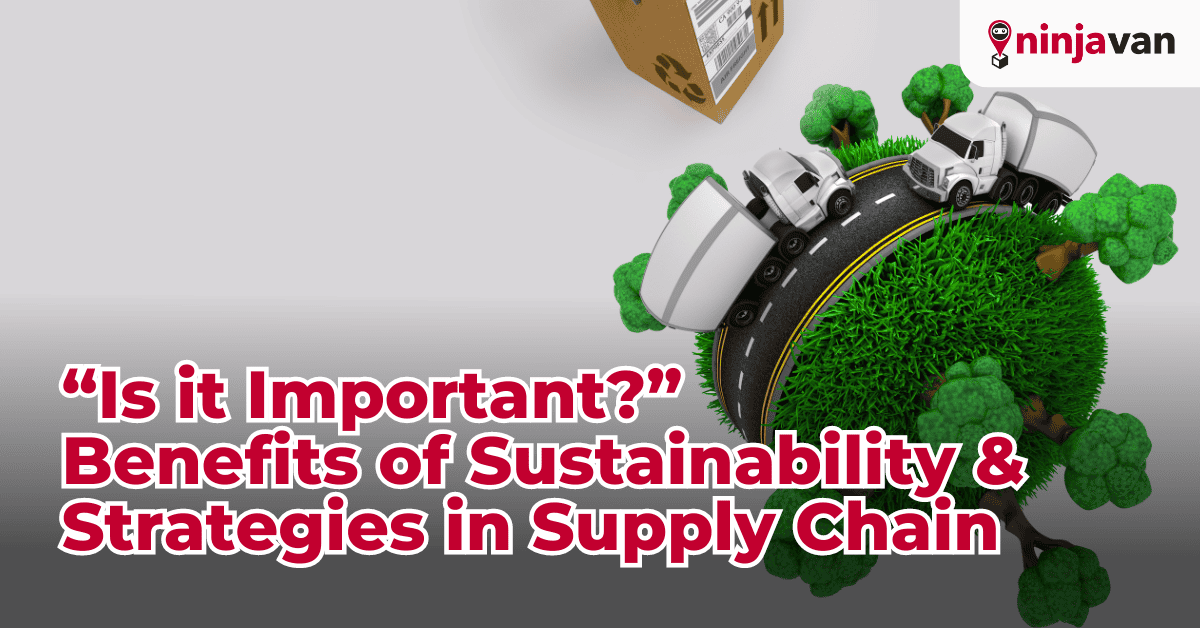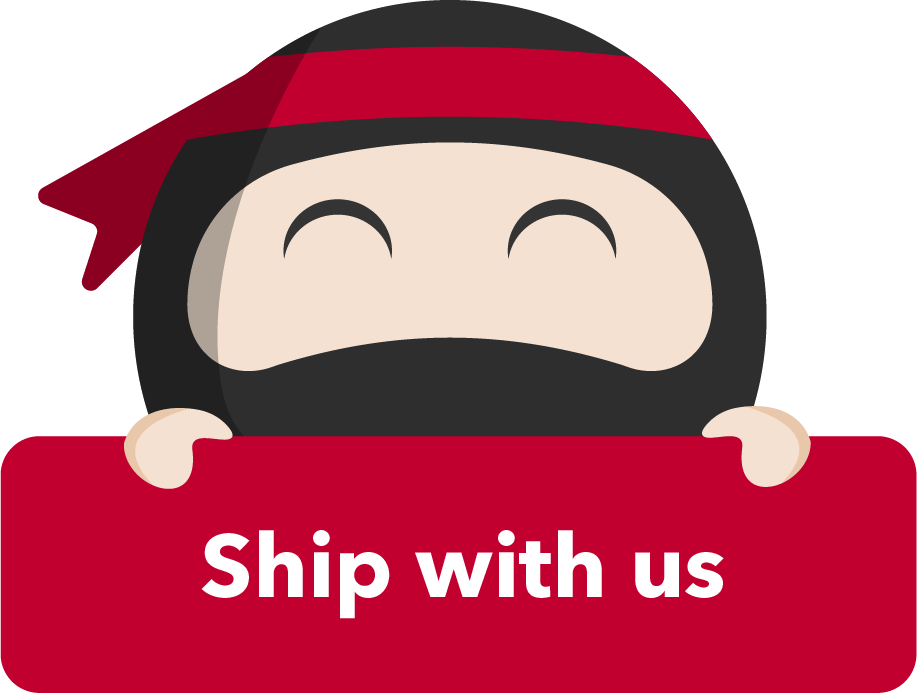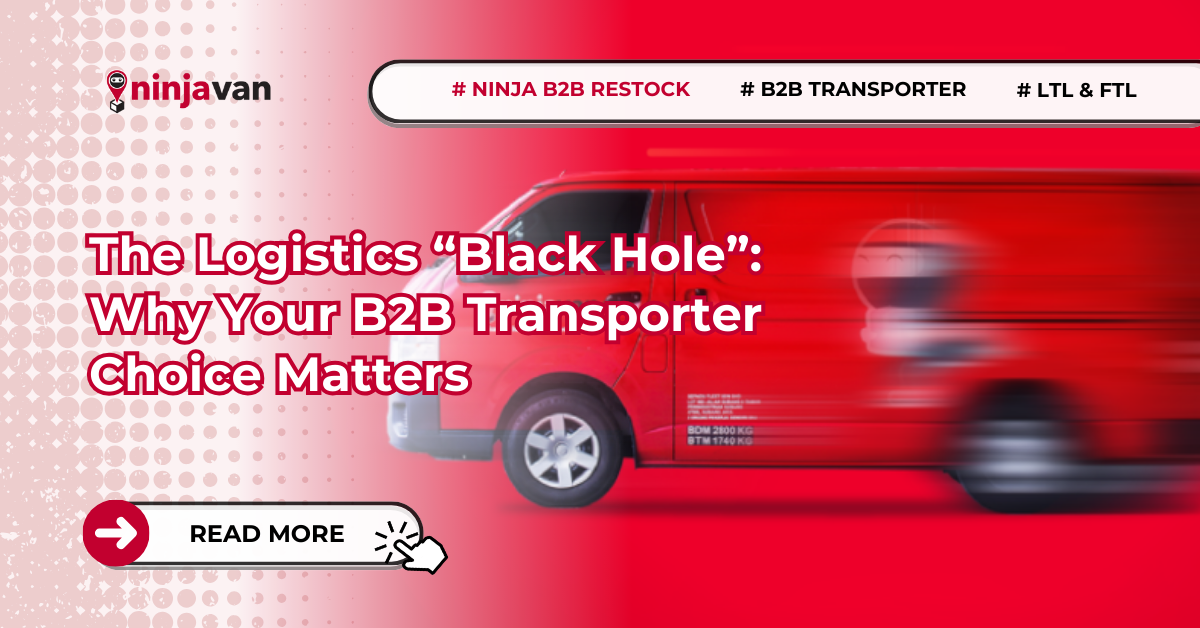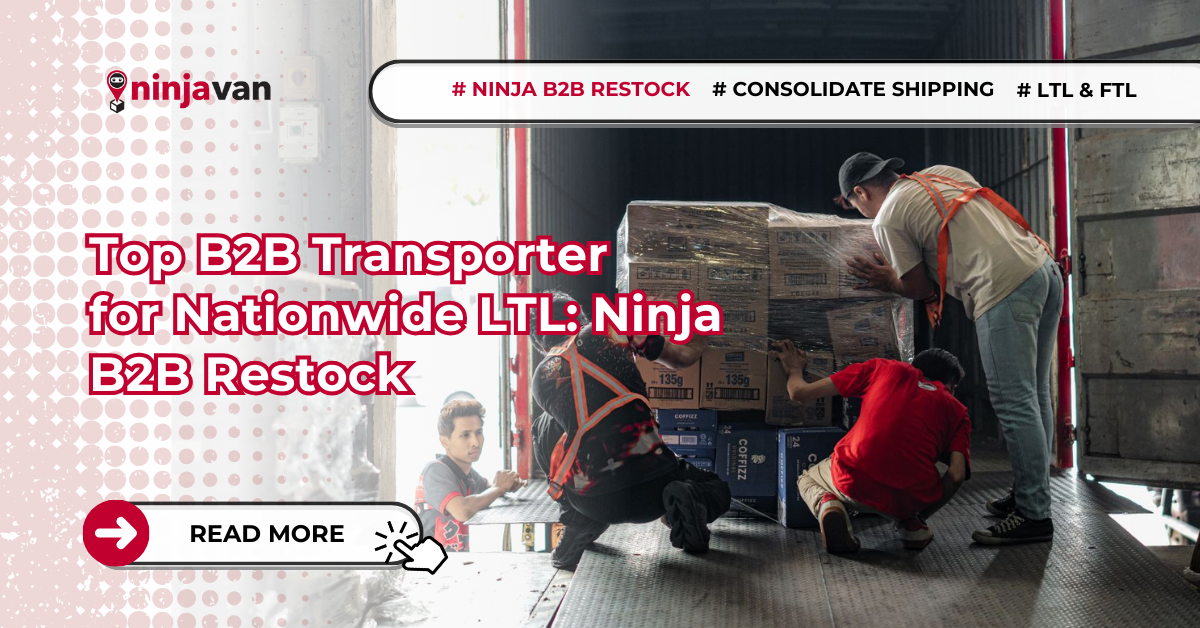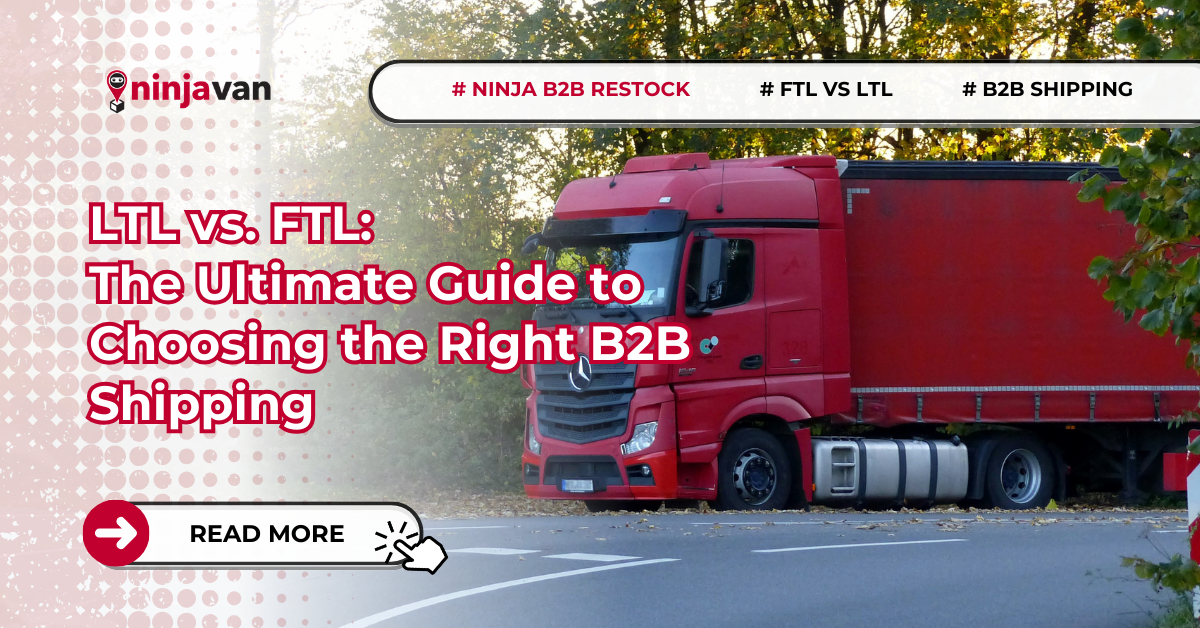The cold chain industry, vital for fresh food and safe medicine, packs a surprising punch on global warming. For example, in the medicine industry, it was reported that inefficient cold chains and potent refrigerants like R-22 (with a warming impact nearly 2,000x CO2) are major contributors to greenhouse gas emissions. Food spoilage from cold chain issues alone generates a staggering 2 billion tons of CO2 equivalent annually. Energy-intensive processes leave a hefty carbon footprint.
But there’s a cooler solution: sustainable cold chain logistics. This approach prioritises the environment without sacrificing efficiency. But, the real question is, should your business take part?
What Are the Benefits of Sustainability?
We’ll explore the benefits for businesses, service providers, and the public. Buckle up as we unpack the importance of a sustainable cold chain – a win-win for everyone.
#1 Benefits for Companies
Sustainable cold chain logistics isn’t just a feel-good initiative, it’s a strategic investment that strengthens your business across several key areas
First one being cost reduction through energy efficiency. Unlike traditional refrigeration systems, sustainable solutions—such as natural refrigerants or integrating solar power—can be a fix to major energy guzzlers. Combined with transportation routes optimization, these greener alternatives can significantly reduce energy consumption, and at the same time minimise empty miles and unnecessary fuel usage, further tightening the belt on operational expenses.
Second is enhanced brand reputation. Consumers are increasingly environmentally conscious and actively seek out brands that prioritise sustainability. By adopting sustainable cold chain practices, businesses can differentiate themselves in the market and build brand loyalty with eco-conscious customers.
Reduced waste and improved product quality is another thing on the list. Oftentimes, this involves innovative packaging solutions that minimise spoilage and waste such as biodegradable materials or reusable containers. Not only this lessen environmental impact, it also ensure products reach their destination in pristine condition—translating to happier customers, fewer product returns, and ultimately, a more efficient and profitable operation.
#2. Benefits for 3PL Warehouses & Transportation Providers
The shift towards sustainable cold chain logistics presents exciting opportunities for service providers as well.
With the opportunity to attract new clients seeking sustainable partners, more businesses are prioritising sustainable practices within their supply chains. By showcasing this commitment, companies, like yours, can expand their customer base and strengthen their position in the niche marketplace.
And as competition is getting tighter and environmental regulations tighten, cold chain service providers who haven’t embraced sustainability may face compliance challenges and potential financial penalties. As a shortcut to future-proofing your business against stricter regulations, companies need to start proactively adopting sustainable practices now, which will reward you as a well-positioned business.
Other than that, sustainable practices often involve implementing energy-efficient technologies and optimising logistics planning. These strategies lead to reduced energy consumption and lower operational costs, which translates to enhanced operational efficiency and reduced energy costs. For example, investing in energy-efficient refrigeration units or optimising delivery routes can significantly improve your bottom line.
3. Benefits for Consumers
The positive impact of a sustainable cold chain extends far beyond businesses and service providers. Here’s how everyone benefits from a greener cold chain.
First, reduced environmental impact. Traditional cold chain practices contribute significantly to greenhouse gas emissions and resource depletion. It is said that electricity consumption in cold warehouses is the single largest contributor to emissions over a 40-year timeframe, exceeding 85% of the total. Sustainable solutions, such as energy-efficient technologies and optimised routes, significantly reduce the industry’s environmental footprint, translating to a cleaner planet, reduced climate change and healthier future for all.
Second, improved food security. Sustainable cold chain logistics minimises spoilage and waste through efficient and reliable transportation of perishable goods. This leads to a more consistent supply of fresh food, particularly for vulnerable communities. This effort, on a global scale, contributes to global food security, ensuring everyone has access to nutritious food sources.
🤔 Who are these vulnerable communities? In the context of food security, this refers to groups of people who face challenges in accessing a consistent and nutritious food supply, such as low-income communities, remote or geographically isolated areas, and conflict zones or areas affected by natural disasters.
Third, a more sustainable future for all. The cold chain industry plays a vital role in our everyday lives. By putting a demand for 3PL service providers to embrace sustainable practices, we contribute to an effort of a more sustainable future for generations to come. Imagine cleaner air, a healthier planet, and a more efficient system for delivering essential goods. As responsible citizens, supporting sustainable cold chain practices is a small action with a big impact.
How to Effectively Implement Sustainability in Supply Chain?
Knowing the “why” behind sustainable cold chain is crucial, but the “how” is equally important. Here’s a breakdown of key areas where businesses and service providers can implement sustainable practices.
#1. Sustainable Packaging Solutions
Move away from traditional packaging materials that end up in landfills. Consider eco-friendly alternatives like biodegradable materials and reusable containers. These alternatives decompose naturally, and reduce waste—minimising environmental impact and promote a more circular economy. Minimalist packaging is another option that ensures product integrity without compromising functionality.
#2. Energy-Efficient Refrigeration Technologies
Traditional refrigeration systems can be energy hogs. Explore innovative solutions like natural refrigerants, solar power integration, and improved insulation. These refrigerants have a lower environmental impact compared to traditional options, and harnessing solar energy to power refrigeration units significantly reduces reliance on the grid and lower energy consumption, similarly like how well-insulated storage facilities and transportation units minimises energy usage needed to maintain desired temperatures.
#3. Optimised Transportation Routes and Logistics Planning
Every unnecessary mile translates to wasted fuel and emissions. Improvements such as route optimization software can help plan efficient delivery routes, consolidation of deliveries combines multiple deliveries into fewer trips, and full truckload utilisation maximises efficiency. All in all, minimises travel distances and empty miles, reduces overall fuel consumption and emissions, and minimises unnecessary journeys.
Achieving Sustainability with Flexible Delivery
The world of cold chain logistics demands both efficiency and environmental responsibility. That’s where Ninja Cold by Ninja Van comes in. We understand the importance of sustainable practices, and we’re committed to providing businesses with flexible delivery solutions that minimise environmental impact.
Here’s how Ninja Cold integrates sustainability with flexibility:
- Robust Network of Temperature-Controlled Storage and Transportation: Ninja Cold ensures your perishable goods are maintained at optimal temperatures throughout the entire delivery journey.
- Sustainable Practices at Every Step: We’re constantly striving to improve our environmental footprint. This includes initiatives such as route optimization and eco-friendly packaging options
By partnering with Ninja Cold, you gain access to a reliable cold chain network that prioritises both efficiency and sustainability, allowing you to focus on your core business, enhance your brand reputation, and contribute to a greener future.
Ready to embark on a journey towards a more sustainable cold chain future?
Contact Ninja Cold today and explore how our flexible delivery solutions can meet your specific needs. Together, we can create a win-win for your business and the planet.


